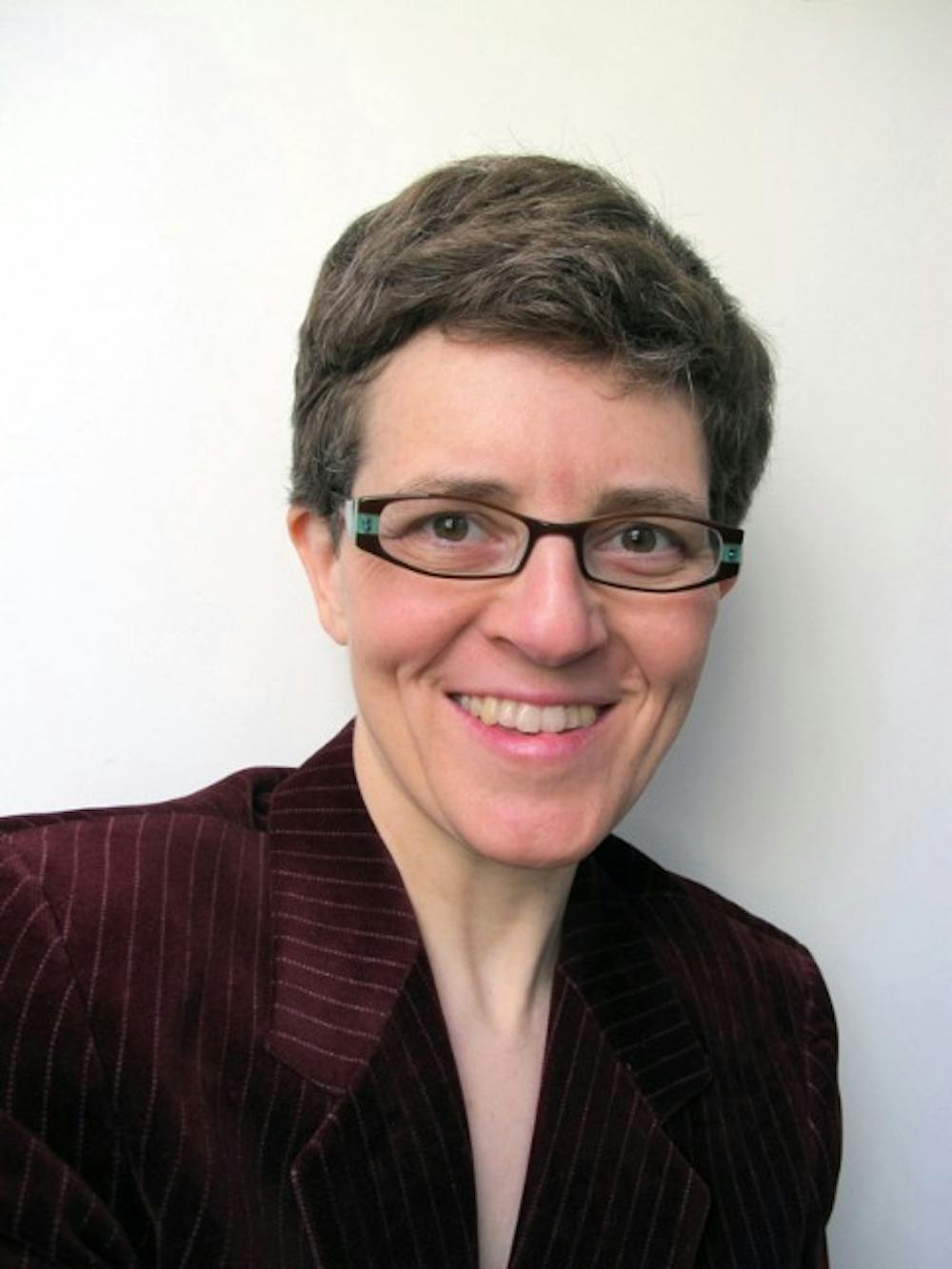Maria DeGuzman, English professor and director of Latina/o Studies at UNC, is hosting a book reading today at 10 a.m. in the Pleasants Family Assembly Room of Wilson Library. She will read portions of her most recent book, “Buenas Noches, American Culture: Latina/o Aesthetics of Night.”
Staff writer Breanna Kerr spoke with DeGuzman about her book, the reading and Latina/o culture at UNC.
Daily Tar Heel: What is your book about?
Maria DeGuzman: It’s basically about a pattern that I saw in a lot of Latino writing … I found a very strong pattern of the uses of night in the literature and some of the film and photography, and I especially concentrate on the literature.
What I found was that night was a way of talking about both a sense of invisibility, but also a sense of cultural transformation.
DTH: What made you interested in writing this book?
MD: I found a lot of references to night in songs, and that was something that caught my attention.
I’ve always sort of been interested in the topic of night already. I love the romantic poets, I was very interested in Gothic literature, very interested in film noir.
The thing that also interested me to write the book was that it had been completely overlooked, and it seemed so basic because we spend so much time talking about night and day, and they’re such basic categories to our existence.



